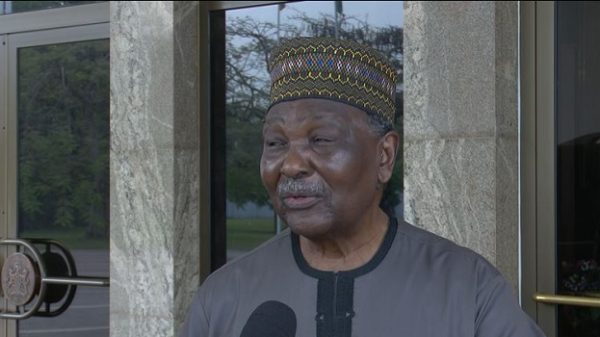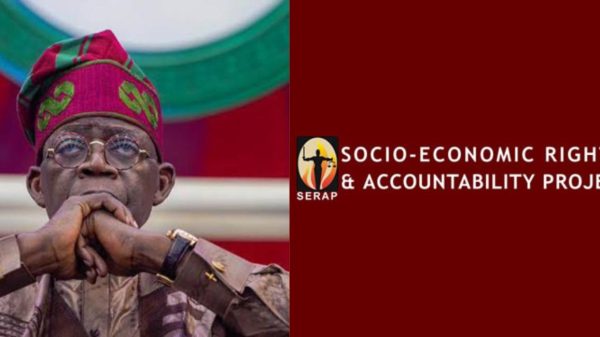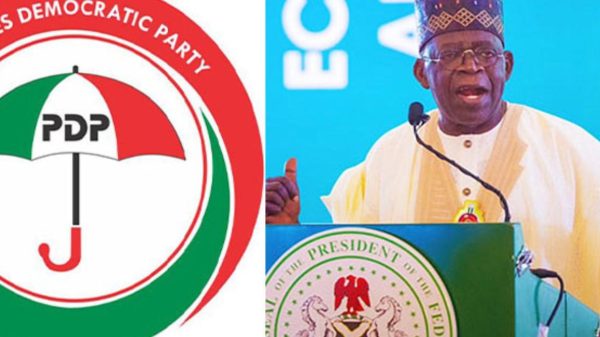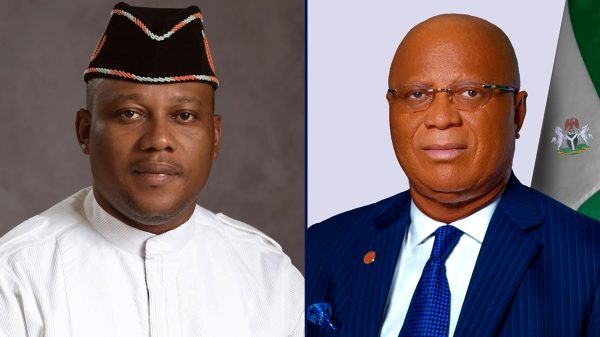The Economic and Financial Crimes Commission (EFCC) has issued a serious warning to Bureau De Change (BDC) operators and financial stakeholders across Nigeria, urging strict compliance with financial laws and a halt to the illegal transportation of cash across borders.
Speaking at a joint sensitization programme held in Kano on Saturday, EFCC Chairman Ola Olukoyede, represented by Kano Zonal Director CE Ibrahim Shazali, stressed the threat posed by cross-border money laundering, corruption, and terrorism financing to Nigeria’s economy.
He reminded participants that under Section 3(3) of the Money Laundering (Prevention and Prohibition) Act, it is illegal to carry more than $10,000 (or its equivalent) without declaring it. Section 18 further mandates BDC operators to report any suspicious financial transactions to the Nigeria Financial Intelligence Unit (NFIU).
Reinforcing Financial Oversight
The EFCC, in collaboration with the Nigeria Customs Service (NCS) and the Independent Corrupt Practices Commission (ICPC), is stepping up efforts to enforce financial compliance and educate stakeholders. The event provided clarity on the laws guiding cross-border financial transactions, including:
– EFCC Act (2004)
– Money Laundering Act (2022)
– Central Bank of Nigeria (CBN) guidelines
“Many businessmen, pilgrims, and tourists ignore these rules—whether knowingly or unknowingly—risking serious legal consequences,” Olukoyede stated. “Any individual caught with undeclared funds above the limit will face arrest, fines, imprisonment, or asset seizure.”
CBN and Forex Reforms
In February 2025, the Central Bank of Nigeria introduced new rules for the foreign exchange market. BDCs are now allowed to purchase up to $25,000 weekly from a single Authorized Dealer Bank (ADB) to reduce speculative trading and ensure transparency.
Failure to comply with these guidelines may result in sanctions, with the CBN and EFCC working together to enforce strict control over forex transactions and cash movements.
The EFCC called on all stakeholders—especially BDC operators and financial institutions—to join the fight against financial crimes by upholding ethical practices and reporting suspicious activities.
“Compliance is not optional; it is a legal and patriotic duty,” Olukoyede said. “Only by working together can we protect Nigeria’s economy from the threats of illicit financial flows.”
The sensitization campaign reflects the government’s ongoing efforts to stabilize the economy, improve regulatory oversight, and secure the country’s financial systems against abuse.




















































































































